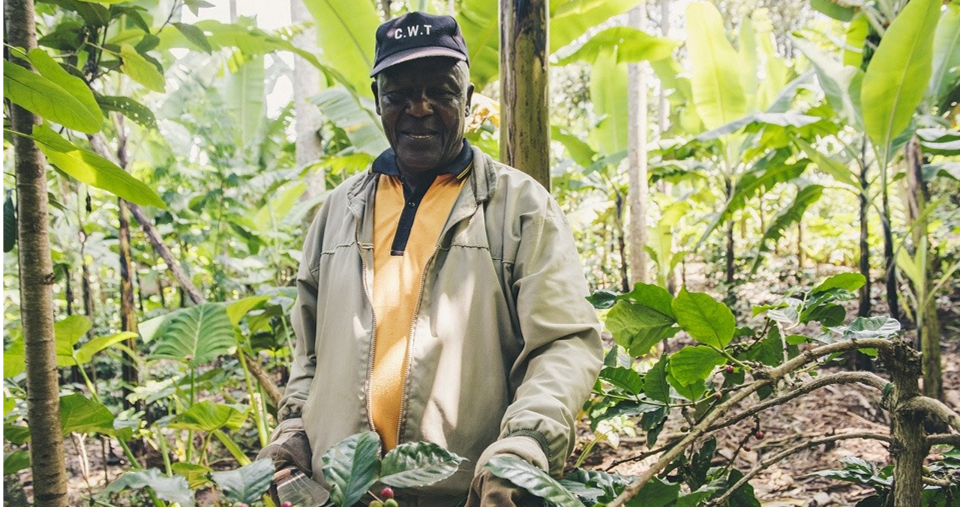The Sustainable Food Lab’s Stephanie Daniels, our expert guest author, explains why companies should think about what Living Income or a Living Wage means for their business accountability and the stability of their supply chains.
Living Income is simply: enough income to afford a decent standard of living in the place you live. The distinguishing feature is the concept of decency wherein people thrive, not only survive.
Based on years of stakeholder dialogue and expert consultations, the Living Income Community of Practice, an open learning community, established the formal definition of living income drawing on the work of Richard and Martha Anker:
The net annual income required for a household in a particular place to afford a decent standard of living for all members of that household. Elements of a decent standard of living include food, water, housing, education, healthcare, transport, clothing, and other essential needs including provision for unexpected events.
How is Living Income different from a poverty line or SDG 1 to Eliminate Poverty?
Poverty lines, used by the World Bank and governments to track progress against SDG 1, are based on the costs of the most basic survival needs. The concept of Living Income embraces the aspiration that people have sufficient incomes to afford a basic and nutritious diet, housing with adequate ventilation and sanitation, and are able to access education, healthcare, and other vital needs. The SDGs are a critical global reference, and a step toward a Living Income.
The Living Income Community of Practice (LICoP) encourages organizations to take an ‘income ladder’ approach which lays out pathways towards living income, recognizing that for farmers there may be some circumstances in which they cannot make a living income from agriculture alone. It is also critical to recognize that cash income alone does not guarantee a sustainable livelihood, and farming families also need broader conditions like healthy ecosystems, support to build skills, agency, and voice to live thriving lives.
Are businesses responsible for ensuring Living Income?
Businesses are responsible for human rights abuses in their supply chains, and there is a debate ongoing whether farmers in extreme poverty constitutes a human rights violation. Civil Society argues strongly yes, based on the UN Guiding Principles on Human Rights that decent income for suppliers is a human right. The complication comes when a business considers how to ensure farmers in their supply chains are making a living income. Most businesses do not purchase all of a farmers’ goods, have limited or no visibility to the farm level in complex supply chains nor have control over variables such as land size, adoption of good agricultural practices, or prices received at farm gate.
What are some practical ways to overcome the challenges of improving smallholders’ incomes?
A number of the companies in the Living Income Community of Practice have been grappling with the core challenges of how to get good income data, calculating fair prices, and assessing needs for specific groups of farmers. Public examples of this are the well-known work of Tony’s Chocolonely, Lidl Supermarkets, and Ben & Jerry’s but there are many more such as Mars that are developing programs and considering Living Incomes in their 2030 goals. Several world-leading firms are thinking along similar lines about how to transform business to better address poverty across their supply chains: Mars, ABINbev, Danone, and Nestle have joined with Oxfam Wageningen University and others to launch the Farmer Income Lab.
Others are taking a different approach. Fairtrade International is calculating a “Living Income reference price”. The approach is conceptually simple and asks what would the farm price need to be to make a living income assuming that the farmers are following all the recommended practices, are working full time on their farm, and have adequate farm size and yield levels. This is the living income reference price. This price has been adopted by Fairtrade companies in Europe and Fairtrade is developing this same approach for vanilla and coffee.
COSA works with the Living Income Community of Practice, collaborating with the technical advisory group, ISEAL, and the partners to develop guidance on best practices for pragmatically calculating farm household income (see Moving toward a measure of decent life). The group welcomes your insights. Send us your questions.






